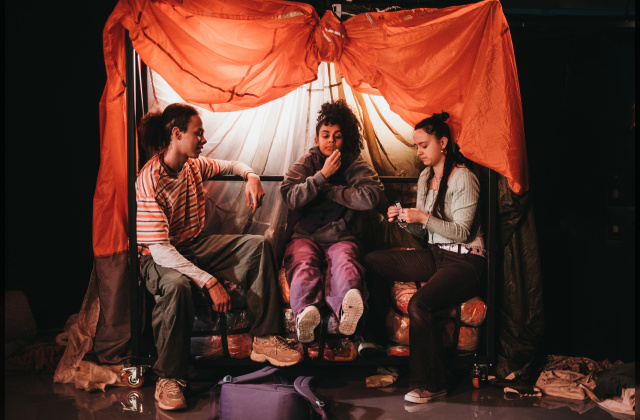Impossible Monsters
As a collaborative artist I am used to working with groups of people, so I decided to take the opportunity to work by myself, starting from nothing.
I gave myself a hard time getting started on the project, all about not being ‘good enough’ and just being stuck, my inner-critic is exceptionally loud.
I started reading Augusto Boal’s book The Rainbow of Desire, in which he explains a whole method of working that he adapted from his original Forum Theatre, and talks about ‘the cop in the head’.
His work is about oppression and how to use theatre to confront the oppressor and that in more affluent societies the oppressor is ‘the cop in the head’ i.e. us (via the internalised information from our educators, our carers and the society we live in) oppressing ourselves. Job done, we are ‘locked down’ in our own heads! That is why I called the piece ‘Impossible Monsters’, the voices that we self-censor feel impossible to realise.
However, most of Boal’s work required a group to explore.
At this point I had my first meeting with my mentor, Kat Joyce, who was hugely encouraging of my tentative description of ‘Impossible Monsters’ and suggested that I could try guided writing as a way of exploring the voices. I came away feeling super-charged that someone else thought that my idea was good enough to explore and had suggested a method that was very enticing to me to do so.
Making ideas concrete – the trick of art
Tangled Feet set up a writing workshop at the request of several of us Devo/Evo creatives. We worked with the wonderful writer Dawn Walton who helped us with a wealth of ideas and techniques to create character, distance and dramatic action.
I thought about us all trapped in our houses and how the little windows of the Zoom process allowed us all a sort of escape to see other ‘worlds’.
Researching ideas, I looked at lots of pictures and found information about ‘bouffon’ characters, interesting because, in my mind at least, those were especially potent characters for escaping ‘lock-down in the head’.
I found pictures and old film from 20/30s Berlin cabaret, Cindy Sherman’s self-portraits and pictures and videos of Pina Bausch’s work that appealed to me a being uncompromising, often exaggerated, and also full of humour.
I also plundered conversations I had or overheard about the lockdown situation and re-wrote them with heavy editing, created environments and costumes for them (I am always fascinated in Zoom meetings by the glimpses we get of the others’ worlds) and found that I had produced the initial series of 4 characters for the first iteration of ‘Impossible Monsters’ who were all filmed, struggling in their Zoom boxes. I animated a title sequence and then relied heavily on my skilful partner Kamal to show me how to edit and put it all, in the manner of a slightly dodgy Zoom meeting…with interference.
I had no idea whether it would be something that could be watched by others with any interest or not. We were collectively invited to 2 evenings of Zoom sharings, no pressure to produce anything, we could just talk through our process and ideas. These evenings were an utterly joyful experience. The delight of watching/listening to others’ ideas and wildly different paths to creative expression was a completely uplifting and joyful and nourishing experience. And I shared my videos, with great trepidation, feeling exposed and a bit of a charlatan at the same time. Would anyone be remotely interested in my rambling, weird characters that in my most wobbly moments I thought might just be personal therapy.
Oh joy! People watched them, found them funny, touching, vulnerable … amazing feedback from the kind and generous cohort of other Devo/Evo creatives. We all felt lifted on each other’s contributions. Out of this and another evenings’ sharing came the collective idea that we could curate a mini-festival in which to share the work that had been made. Work as varied a poetry, videos, extravagantly beautiful hand-made speakers, pod-casts, sculpture and sound installations.
I added further videos, including one with a cartoon fish in a bowl who perfectly expressed my sense of déjà vu as the whole country staggered from wave after wave of coronavirus and lockdown. I kept on thinking how I could develop ‘Impossible Monsters’ and the most convincing answer I came up with for myself was ‘make more videos’, which was made possible by a further 6 days paid freedom to create.
During this time I also lost 2 friends, not directly to coronavirus, but to isolation in care homes way before their times. Through working on another Impossible Monster, I was able to express my anger at the assumptions made by our careless government that vulnerable people would die and that those deaths as ‘collateral damage’ were acceptable somehow, in another video.
The whole series of character ‘Zoom’ windows that I eventually made were edited with Kamal’s help and given subtitles to be shown as part of the Devolution/Evolution festival in Luton, centred at the Hat Works and the Hat Factory that had come into being from our initial collective wish.
Devolution/Evolution in Luton
This 3 day event at the end of July 2021 was utterly brilliant. A magnificent production team pulled together an exhibition at the Hat Works, a theatre workshop at the Hat Factory and performance space by taking over an empty shop in the Luton Mall. All creatives who felt they wanted to show their work to a wider audience were given a space or timetabled over the 3 days.
Impossible Monsters was shown on a screen in the Hat Works where folk could sit on a comfy sofa with headphones and watch, along with 2 other videos.
Petal workshop with Susy Hingley
I was lucky enough to participate in a day long workshop on a scene from the play ‘Petal’ by my Tangled Feet colleague Susy Hingley. Along with 3 other brilliant performers from the collective (Gemma Creasey, Tunji Falana and Johnny Ong) we found ourselves in the lovely studio theatre at the Hat Factory working on alternative physical ways of expressing cyber-bullying. Brain-storming, getting out the felt pens and large pieces of paper again, playing around with rope, and swivelling office chairs was celebratory, we’d survived over a year of lockdown and made it back into the rehearsal room! We had the best day doing what we love to do, making theatre, playing with ideas and in the evening showed back what we had come up with to a small but appreciative audience!
Devolution/Evolution- the full-fat experience
Two days later, I came back to Luton for my full audience experience of our first Devolution/Evolution artists’ collective event and had the time of my life. I felt very vulnerable sharing Impossible Monsters with another audience. My worst fears were that no-one would be interested in watching it, so I lurked around in the Hat Works café, watching the watchers, though my cover was almost immediately blown by other collective members as we madly greeted each other in the ‘real’, sometimes for the first time in a couple of years.
Greetings went on all day with others and their families, new tiny kids who had arrived over the previous locked down months, grown-a-foot taller kids and Devo/Evo contributors who I had only met on Zoom, all much taller than I imagined them.
Wandering around the Hat Works visitors were able to revel in a glorious gallery of rooms showing all the different and beautiful things created. I skipped off to the Mall to watch the delightful, funny, clever 10 minute shows put on in the ‘Shop Front’, along with a large number of equally delighted members of the Luton public, who seemd more than happy to pause on a busy shopping day to be entertained by dance and acrobatics and clowning.
I can’t really convey the ‘feels’ of my experience of being part of the Devo/Evo collective after such a drought of opportunity, to be back with loved and admired colleagues doing and sharing our art. We are an Art Collective and this goes on. As I write this, more folk have been included in the group and are now working on ideas that we will share with each other on Zoom in September. Artists have used this as a springboard for applications for funding projects or developing creative practice. ‘Impossible Monsters’ will become something else, which may involve live performance and dancing. The beat goes on….and on.
Thank you everyone.


























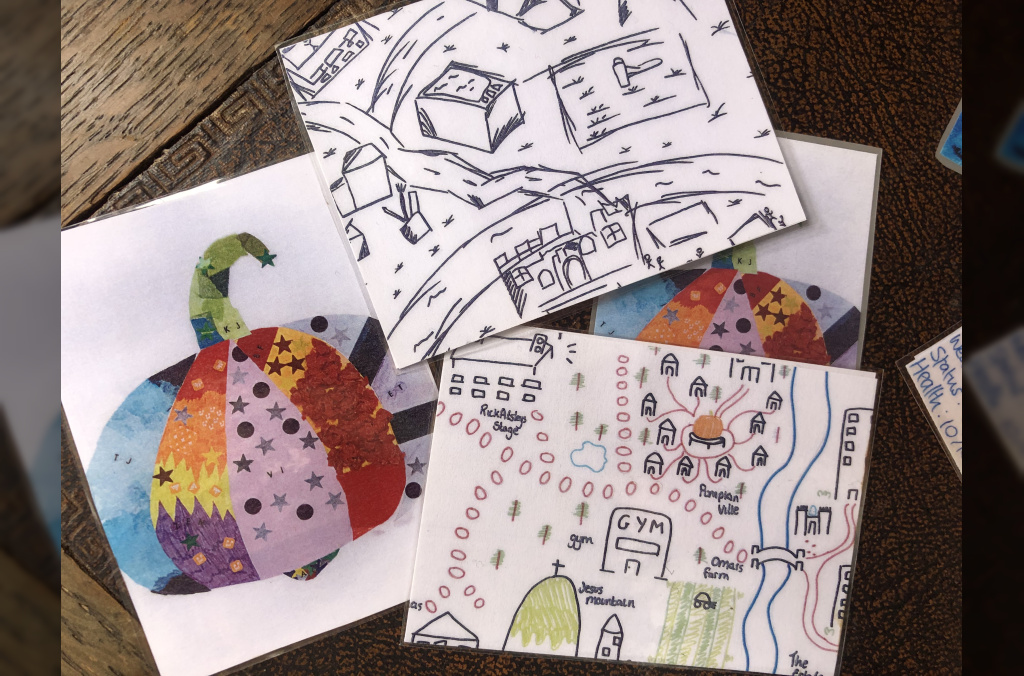
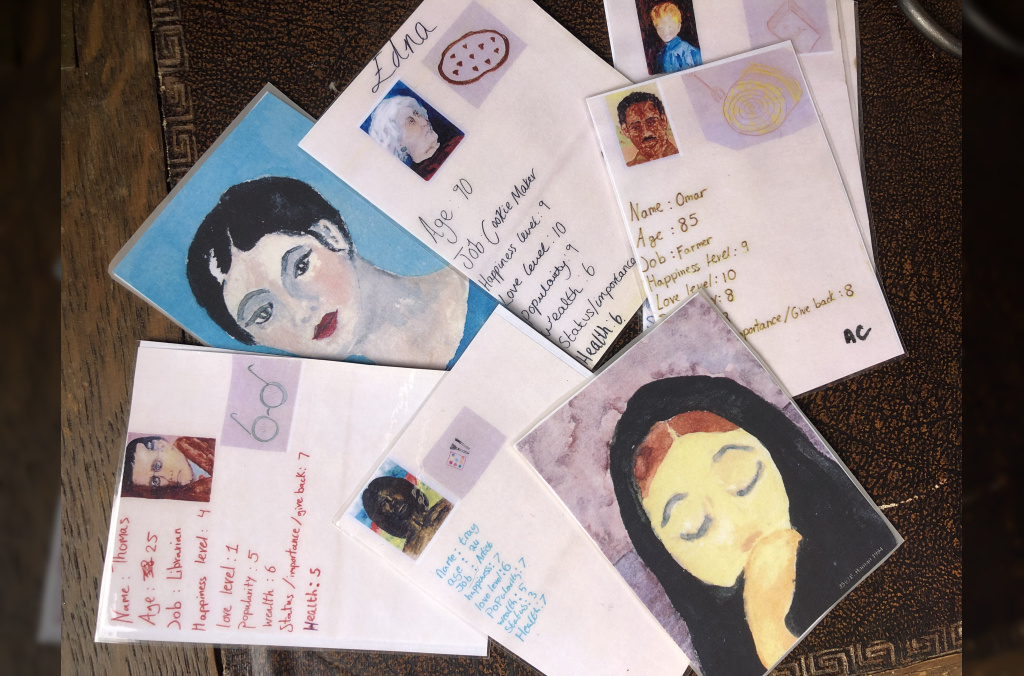

-2-1024x676-blur.jpg)

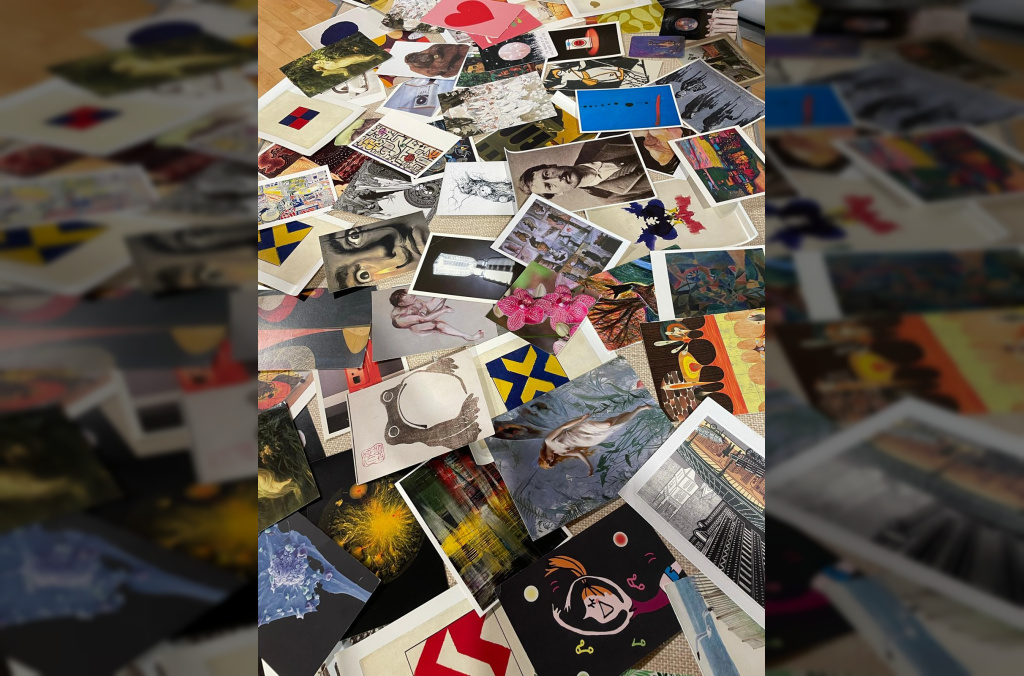

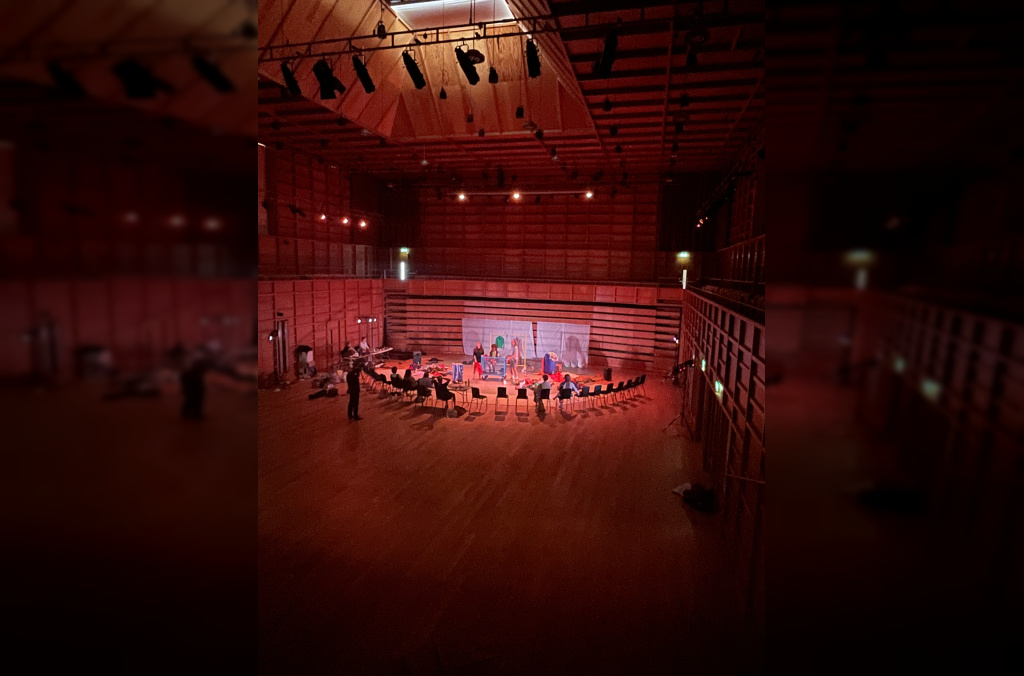
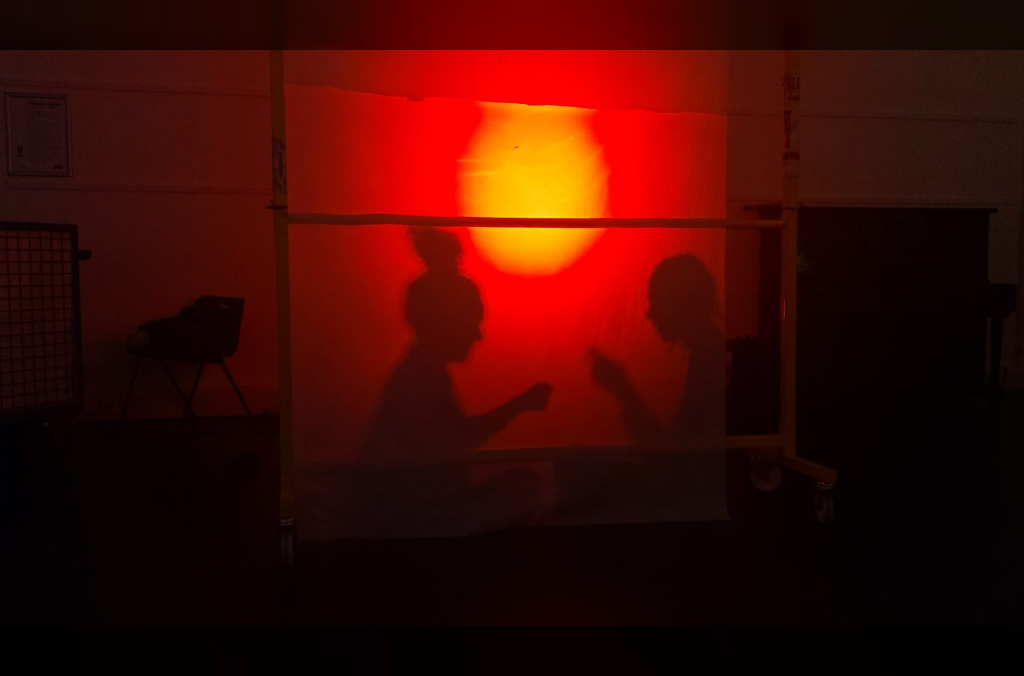
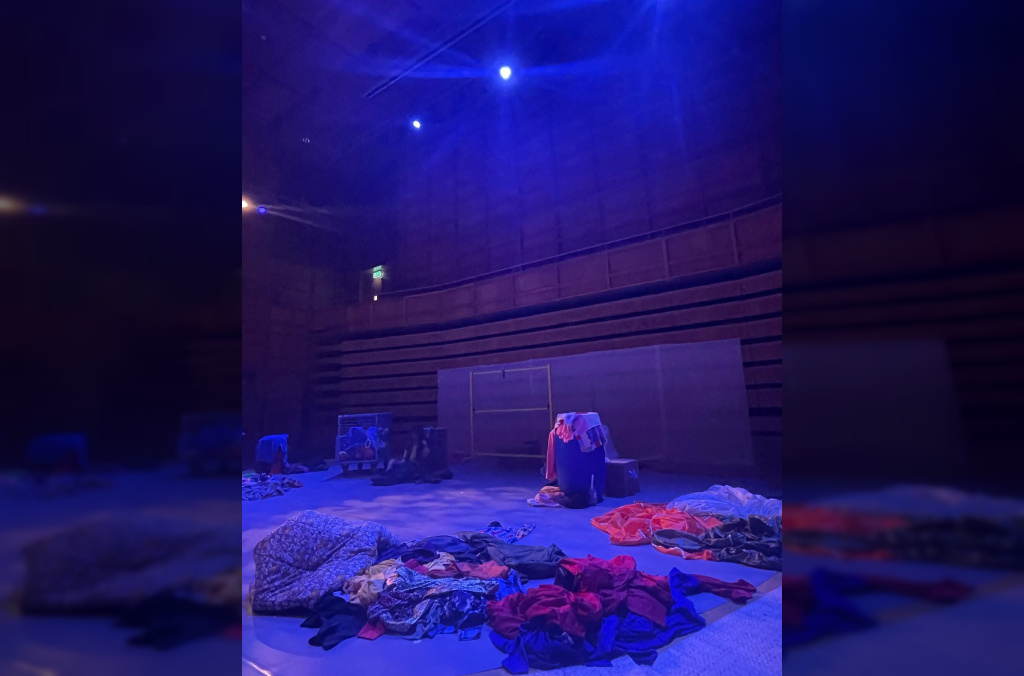
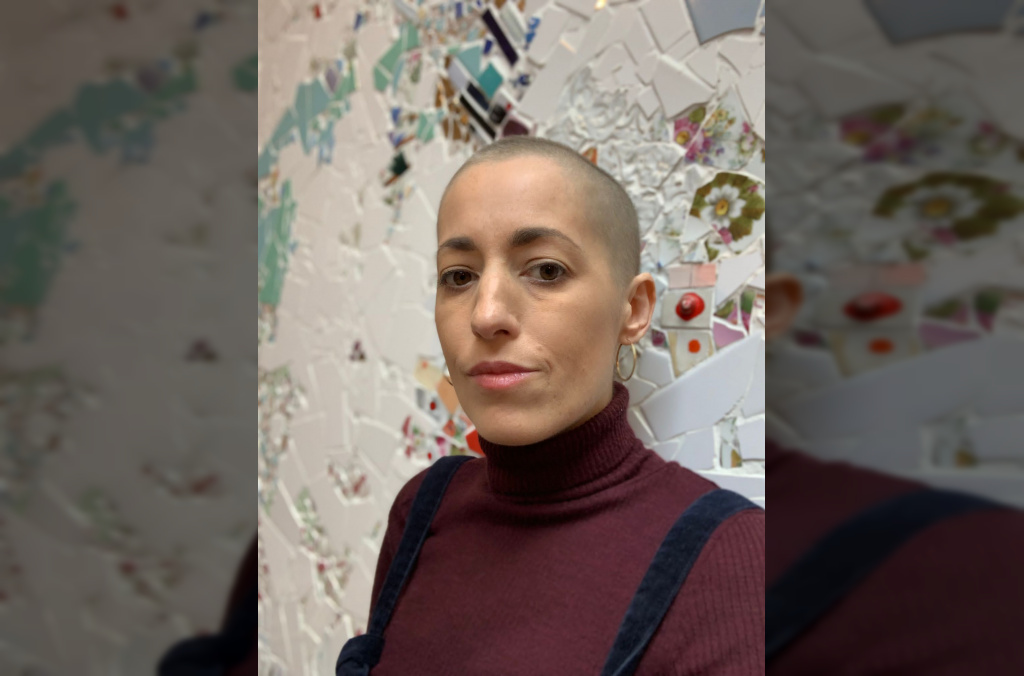

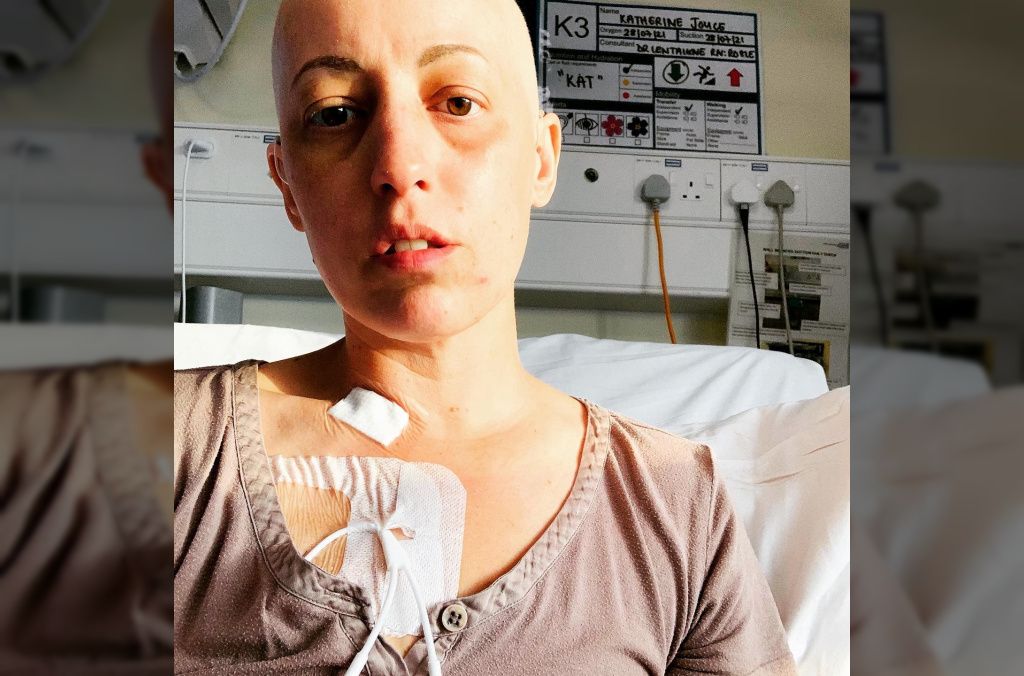
-2-1024x676-blur.jpg)
-2-1024x676-blur.jpg)
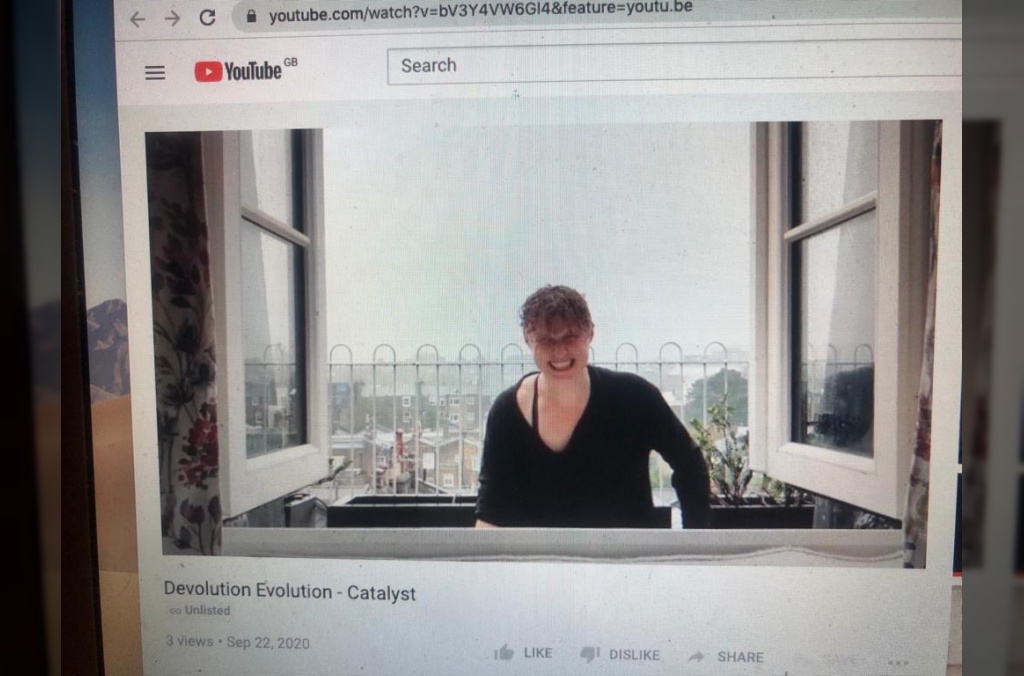
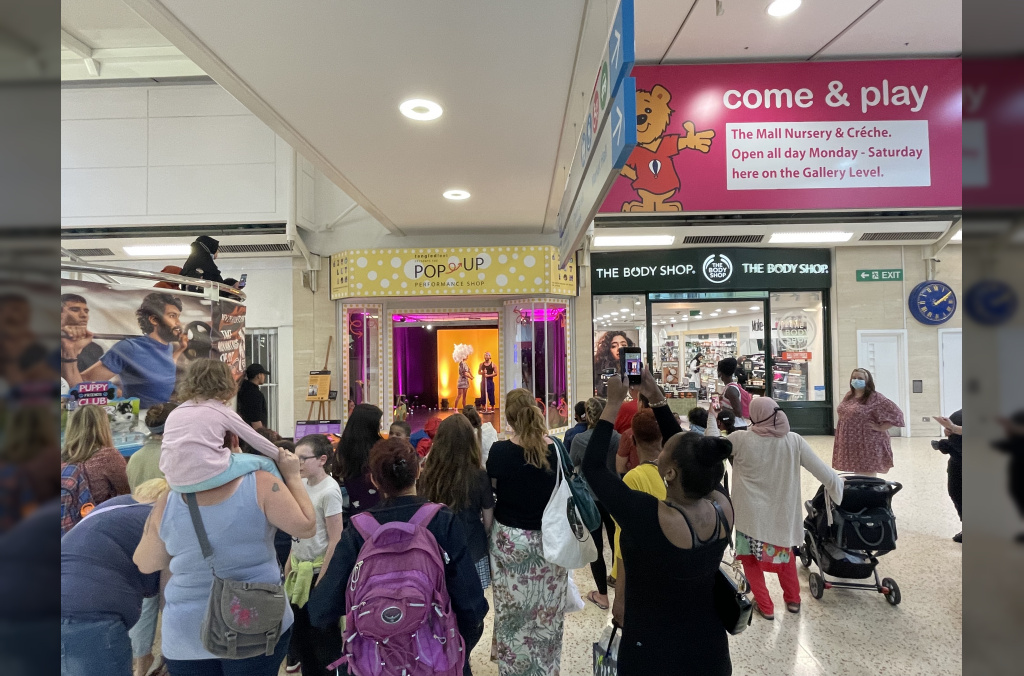
-2-1024x676-blur.jpg)
-2-1024x676-blur.jpg)
-2-1024x676-blur.jpg)
-2-1024x676-blur.jpg)
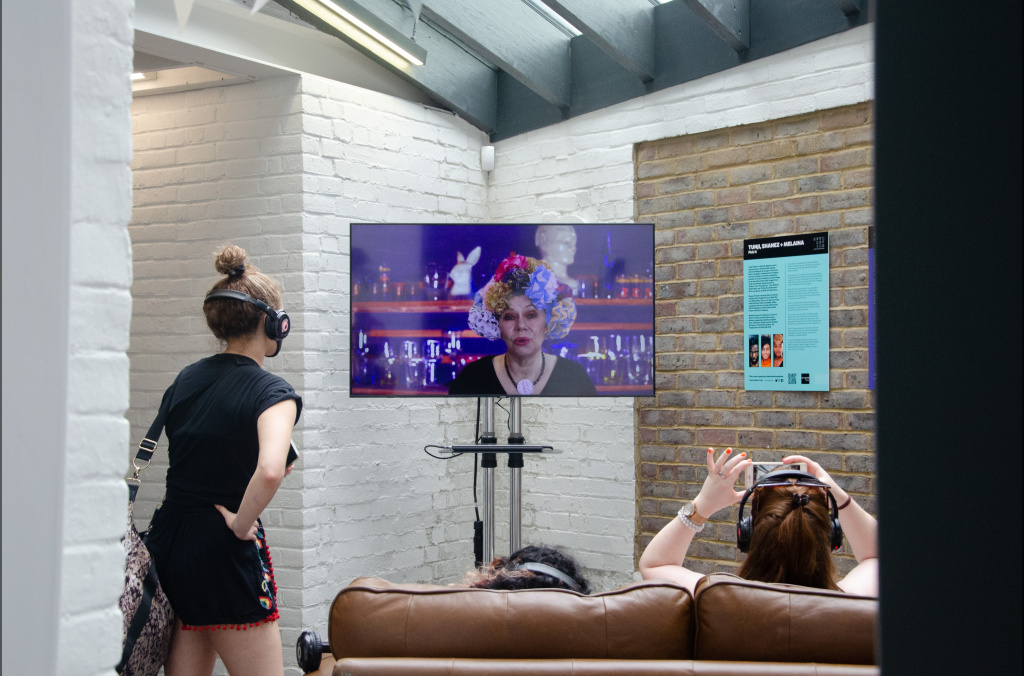

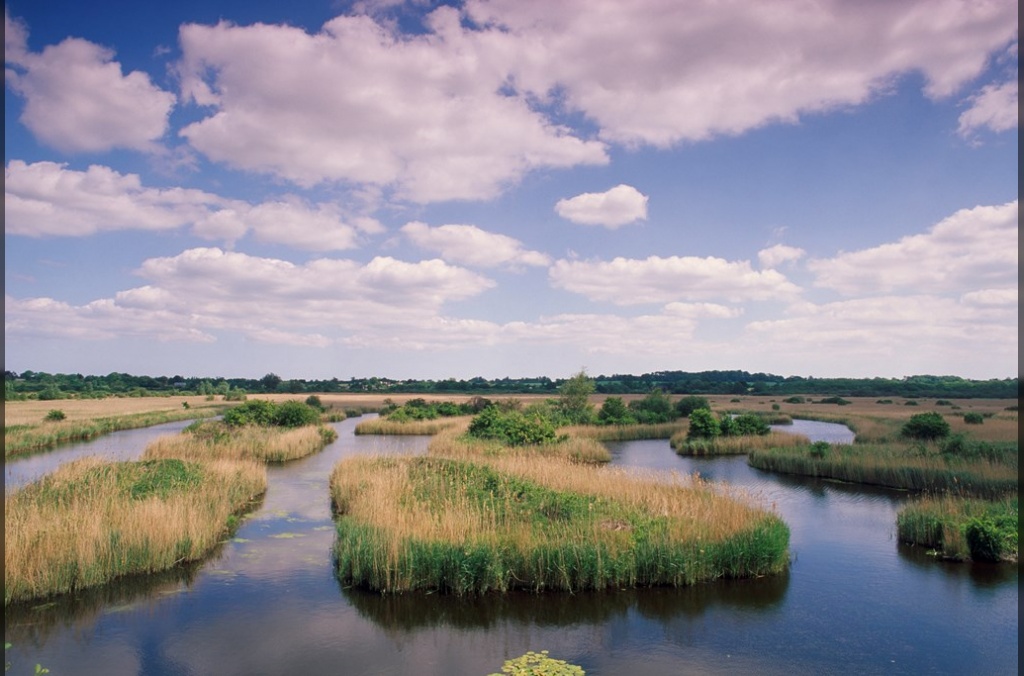
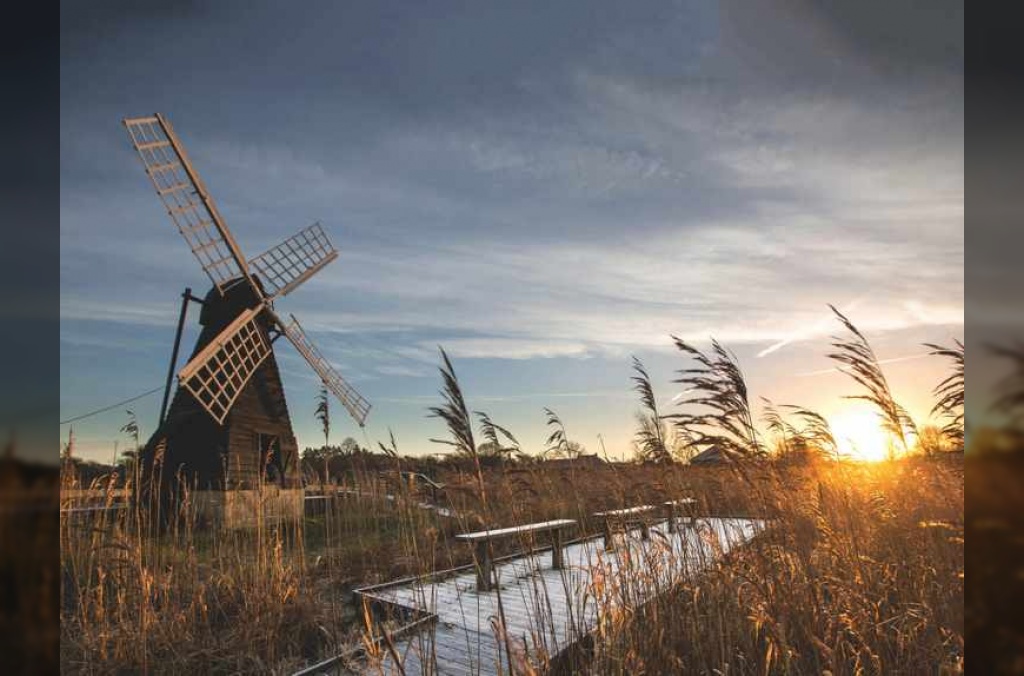



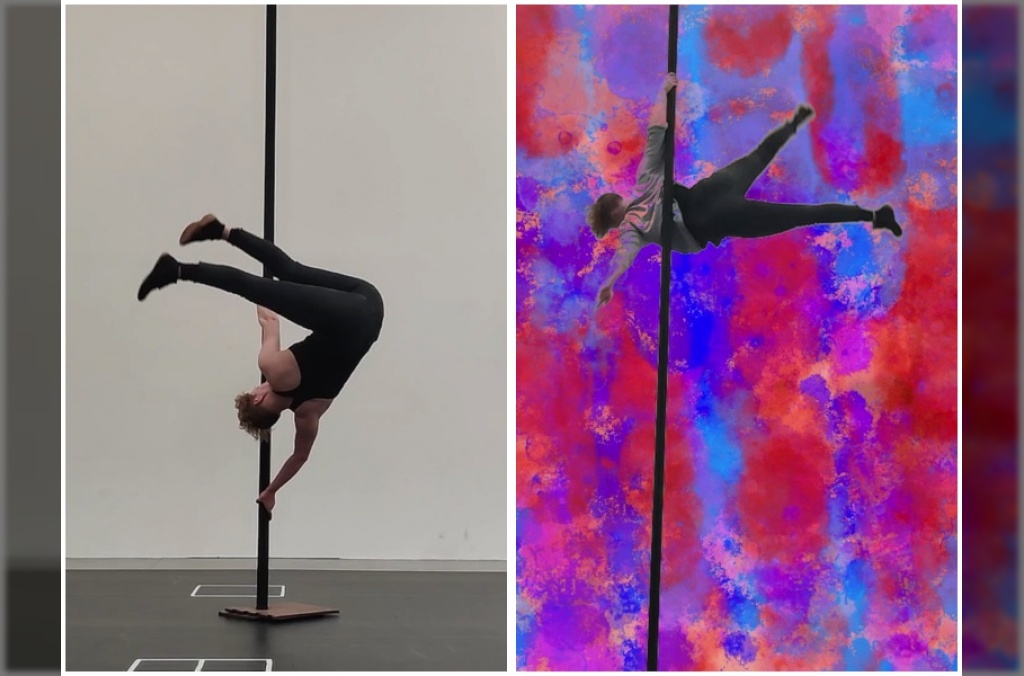

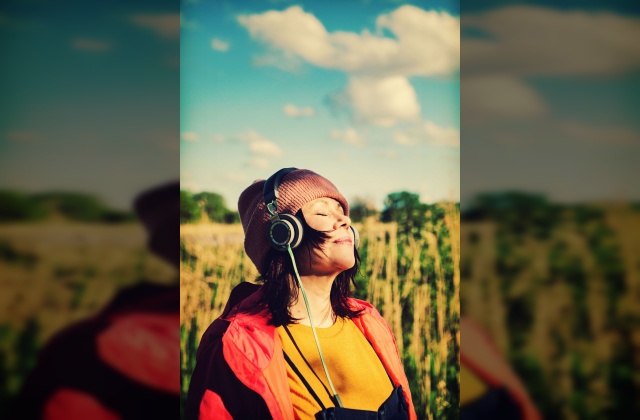
-2-640x420-blur.jpg)
